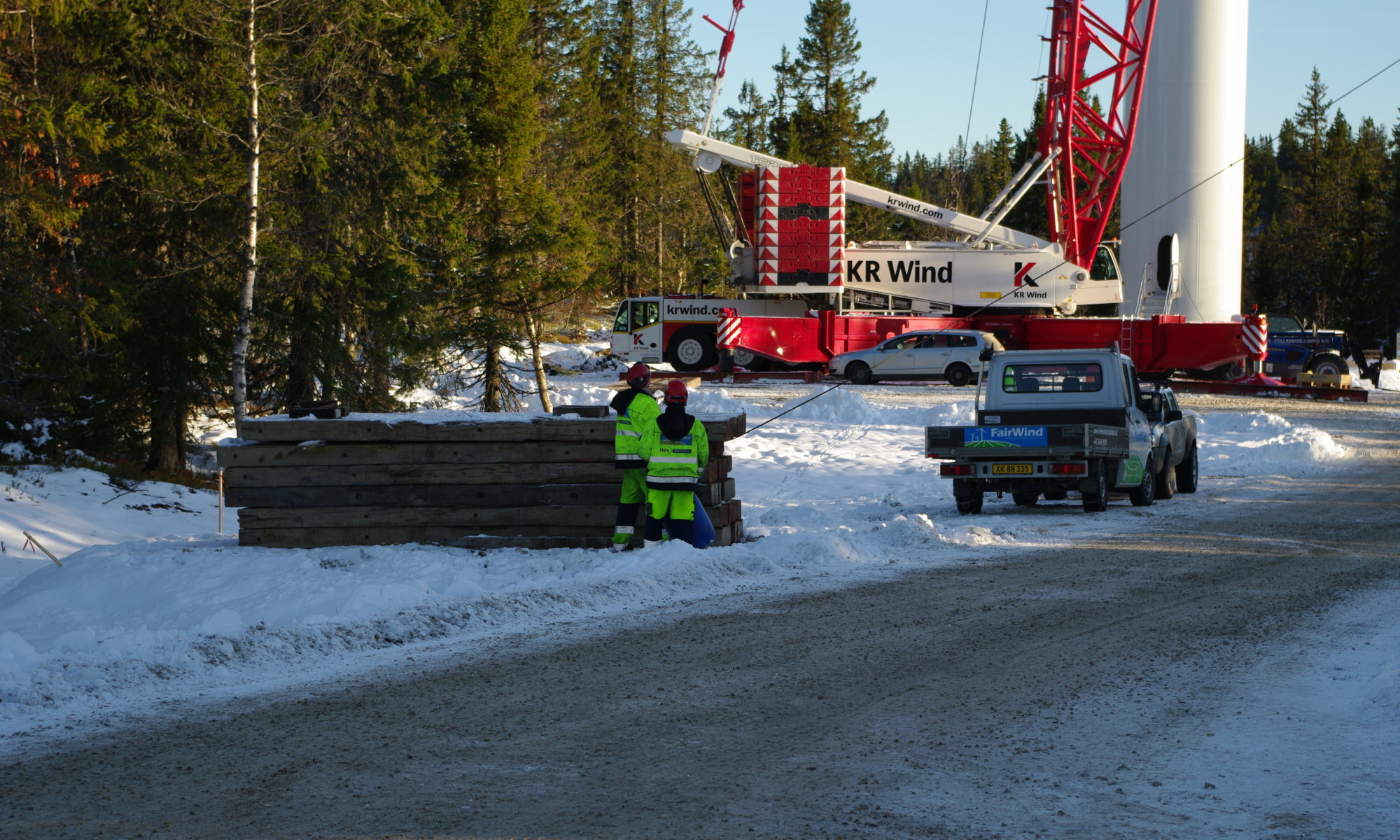A wind farm was to be constructed within a very tight timescale, the project was larger than anything the business had done previously, this meant that the risks were seen to be high; it was also the opportunity to show what the organisation was capable of. This particular article looks at the early stages of project planning and the use of scenarios to facilitate the delivery.
For a wind farm time is a key component; it has to built within a very tight timeframe, largely set by the weather and availability of the site infrastructure. The aim is to erect as quickly as possible and to get the revenue from generation started. The costs are dominated by a number of very expensive commitments made with people and equipment in the turbine erection phase. Any extensions of time mean very rapid escalation of the costs, who pays is always a matter of discussion with the turbine supplier increasingly taking this risk. On the flip side it is also an opportunity; the ability to deliver a slick execution is a very large competitive advantage as early generation is maximised.
Early on the key suppliers had been identified for turbine delivery, accommodation (remote location), cranes and installation. A further challenge was that this was the first major project for the accommodation and installation teams.
A project execution team was set up six months before site works commenced where the senior managers of all the major parties were invited on a regular basis, the suppliers were looked on as full and active members. At these meetings the basic scope of supply, the timescale and outcomes were reviewed along with scenarios of what happens if we were delayed through shortages of men, equipment, lack of skills or major breakdowns. In the discussions a review of the consequences, how we could recover and go on to deliver the original expectations were discussed; the paradox is that when looking at these scenarios it is also possible to highlight ways in which improvements can be made.
When execution commenced the team was confident of what it had to do, trusted each other and everyone was focussed on a positive outcome. The project had a number of major issues, including the main crane falling over (fortunately with no injuries), which did have short term effects, however, the overall programme was maintained and was actually slightly ahead of schedule at completion. The end investor was also delighted with the outcome and how the many issues had been handled in a way that looked after everyones interests, to the overall benefit of the project.

